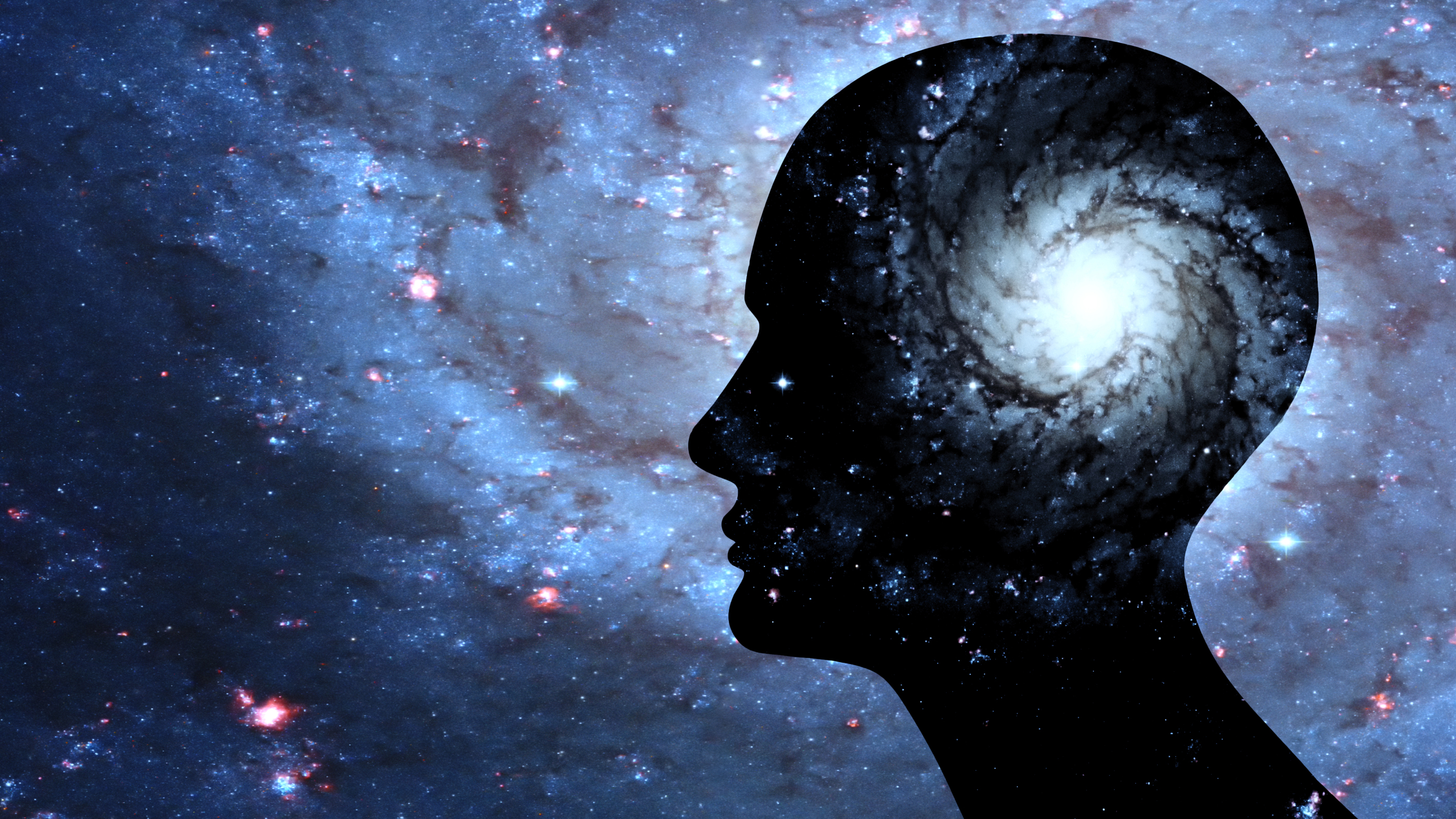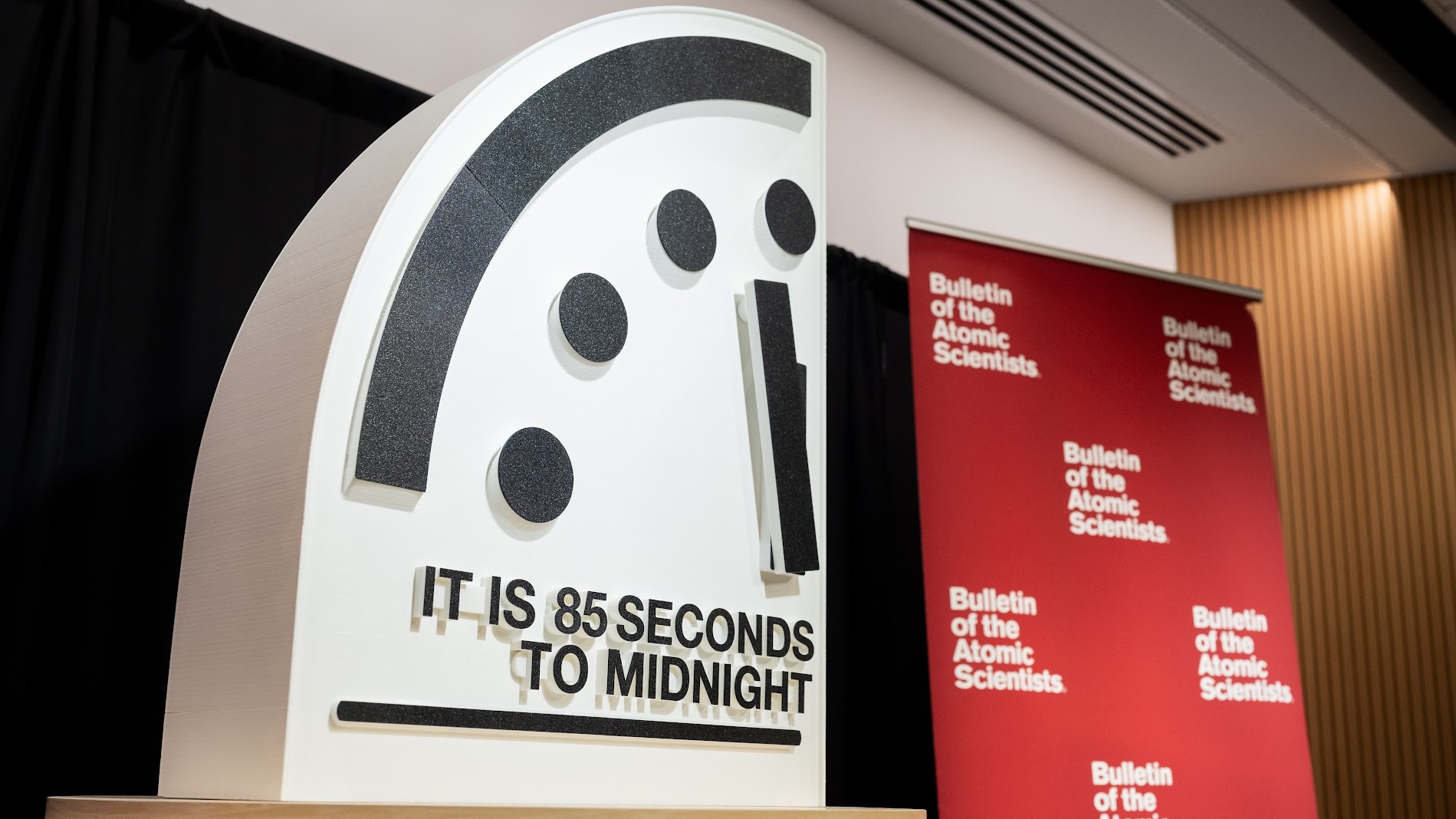Does Consciousness Pervade the Universe?

One of science's most challenging problems is a question that can be stated easily: Where does consciousness come from? In his new book Galileo's Error: Foundations for a New Science of Consciousness, philosopher Philip Goff considers a radical perspective: What if consciousness is not something special that the brain does but is instead a quality inherent to all matter? It is a theory known as "panpsychism," and Goff guides readers through the history of the idea, answers common objections (such as "That's just crazy!") and explains why he believes panpsychism represents the best path forward. He answered questions from Mind Matters editor Gareth Cook.
[An edited transcript of the interview follows.]
Can you explain, in simple terms, what you mean by panpsychism?
In our standard view of things, consciousness exists only in the brains of highly evolved organisms, and hence consciousness exists only in a tiny part of the universe and only in very recent history. According to panpsychism, in contrast, consciousness pervades the universe and is a fundamental feature of it. This doesn't mean that literally everything is conscious. The basic commitment is that the fundamental constituents of reality—perhaps electrons and quarks—have incredibly simple forms of experience. And the very complex experience of the human or animal brain is somehow derived from the experience of the brain's most basic parts.
It might be important to clarify what I mean by "consciousness," as that word is actually quite ambiguous. Some people use it to mean something quite sophisticated, such as self-awareness or the capacity to reflect on one's own existence. This is something we might be reluctant to ascribe to many nonhuman animals, never mind fundamental particles. But when I use the word consciousness, I simply mean experience: pleasure, pain, visual or auditory experience, et cetera.
Human beings have a very rich and complex experience; horses less so; mice less so again. As we move to simpler and simpler forms of life, we find simpler and simpler forms of experience. Perhaps, at some point, the light switches off, and consciousness disappears. But it's at least coherent to suppose that this continuum of consciousness fading while never quite turning off carries on into inorganic matter, with fundamental particles having almost unimaginably simple forms of experience to reflect their incredibly simple nature. That's what panpsychists believe.
You write that you come to this idea as a way of solving a problem in the way consciousness is studied. What, in your mind, is the problem?
Get the world’s most fascinating discoveries delivered straight to your inbox.
Despite great progress in our scientific understanding of the brain, we still don't have even the beginnings of an explanation of how complex electrochemical signaling is somehow able to give rise to the inner subjective world of colors, sounds, smells and tastes that each of us knows in our own case. There is a deep mystery in understanding how what we know about ourselves from the inside fits together with what science tells us about matter from the outside.
While the problem is broadly acknowledged, many people think we just need to plug away at our standard methods of investigating the brain, and we'll eventually crack it. But in my new book, I argue that the problem of consciousness results from the way we designed science at the start of the scientific revolution.
A key moment in the scientific revolution was Galileo's declaration that mathematics was to be the language of the new science, that the new science was to have a purely quantitative vocabulary. But Galileo realized that you can't capture consciousness in these terms, as consciousness is an essentially quality-involving phenomenon. Think about the redness of a red experiences or the smell of flowers or the taste of mint. You can't capture these kinds of qualities in the purely quantitative vocabulary of physical science. So Galileo decided that we have to put consciousness outside of the domain of science; after we'd done that, everything else could be captured in mathematics.
This is really important, because although the problem of consciousness is taken seriously, most people assume our conventional scientific approach is capable of solving it. And they think this because they look at the great success of physical science in explaining more and more of our universe and conclude that this ought to give us confidence that physical science alone will one day explain consciousness. However, I believe that this reaction is rooted in a misunderstanding of the history of science. Yes, physical science has been incredibly successful. But it's been successful precisely because it was designed to exclude consciousness. If Galileo were to time travel to the present day and hear about this problem of explaining consciousness in the terms of physical science, he'd say, "Of course, you can't do that. I designed physical science to deal with quantities, not qualities."
How does panpsychism allow you to approach the problem differently?
The starting point of the panpsychist is that physical science doesn't actually tell us what matter is. That sounds like a bizarre claim at first; you read a physics textbook, you seem to learn all kinds of incredible things about the nature of space, time and matter. But what philosophers of science have realized is that physical science, for all its richness, is confined to telling us about the behavior of matter, what it does. Physics tells us, for example, that matter has mass and charge. These properties are completely defined in terms of behavior, things like attraction, repulsion, resistance to acceleration. Physics tells us absolutely nothing about what philosophers like to call the intrinsic nature of matter: what matter is, in and of itself.
So it turns out that there is a huge hole in our scientific story. The proposal of the panpsychist is to put consciousness in that hole. Consciousness, for the panpsychist, is the intrinsic nature of matter. There's just matter, on this view, nothing supernatural or spiritual. But matter can be described from two perspectives. Physical science describes matter "from the outside," in terms of its behavior. But matter "from the inside"—i.e., in terms of its intrinsic nature—is constituted of forms of consciousness.
What this offers us is a beautifully simple, elegant way of integrating consciousness into our scientific worldview, of marrying what we know about ourselves from the inside and what science tells us about matter from the outside.
What are the objections to this idea that you hear most frequently? And how do you respond?
Of course, the most common one is "That's just crazy!" But many of our best scientific theories are wildly counter to common sense, too—for example, Albert Einstein's theory that time slows down when you travel very fast or Charles Darwin's theory that our ancestors were apes. At the end of the day, you should judge a view not by its cultural associations but by its explanatory power. Panpsychism gives us a way of resolving the mystery of consciousness, a way that avoids the deep difficulties that plague more conventional options.
Do you foresee a scenario in which panpsychism can be tested?
ADVERTISEMENT
There is a profound difficulty at the heart of the science of consciousness: consciousness is unobservable. You can't look inside an electron to see whether or not it is conscious. But nor can you look inside someone's head and see their feelings and experiences. We know that consciousness exists not from observation and experiment but by being conscious. The only way we can find out about the consciousness of others is by asking them: I can't directly perceive your experience, but I can ask you what you're feeling. And if I'm a neuroscientist, I can do this while I'm scanning your brain to see which bits light up as you tell me what you're feeling and experiencing. In this way, scientists are able correlate certain kinds of brain activity with certain kinds of experience. We now know which kinds of brain activity are associated with feelings of hunger, with visual experiences, with pleasure, pain, anxiety, et cetera.
This is really important information, but it's not itself a theory of consciousness. That's because what we ultimately want from a science of consciousness is an explanation of those correlations. Why is it that, say, a certain kind of activity in the hypothalamus is associated with the feeling of hunger? Why should that be so? As soon as you start to answer this question, you move beyond what can be, strictly speaking, tested, simply because consciousness is unobservable. We have to turn to philosophy.
The moral of the story is that we need both the science and the philosophy to get a theory of consciousness. The science gives us correlations between brain activity and experience. We then have to work out the best philosophical theory that explains those correlations. In my view, the only theory that holds up to scrutiny is panpsychism.
How did you become interested in this topic?
When I studied philosophy, we were taught that there were only two approaches to consciousness: either you think consciousness can be explained in conventional scientific terms, or you think consciousness is something magical and mysterious that science will never understand. I came to think that both of these views were pretty hopeless. I think we can have hope that we will one day have a science of consciousness, but we need to rethink what science is. Panpsychism offers us a way of doing this.
Gareth Cook is a Pulitzer Prize–winning journalist who edits Scientific American's Mind Matters online news column.
This article was first published at ScientificAmerican.com. © ScientificAmerican.com. All rights reserved Follow Scientific American on Twitter @SciAm and @SciamBlogs. Visit ScientificAmerican.com for the latest in science, health and technology news.
 Live Science Plus
Live Science Plus






